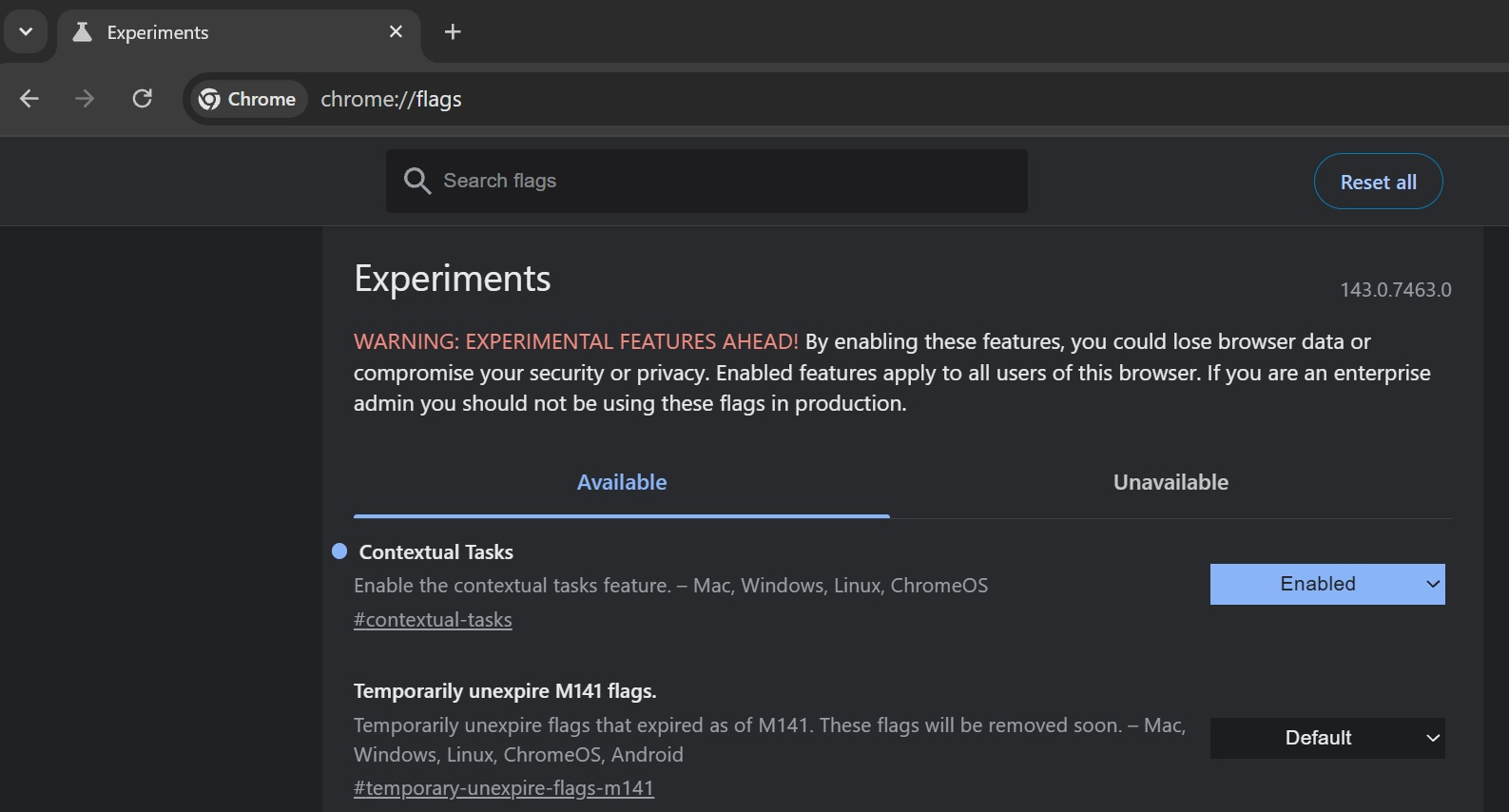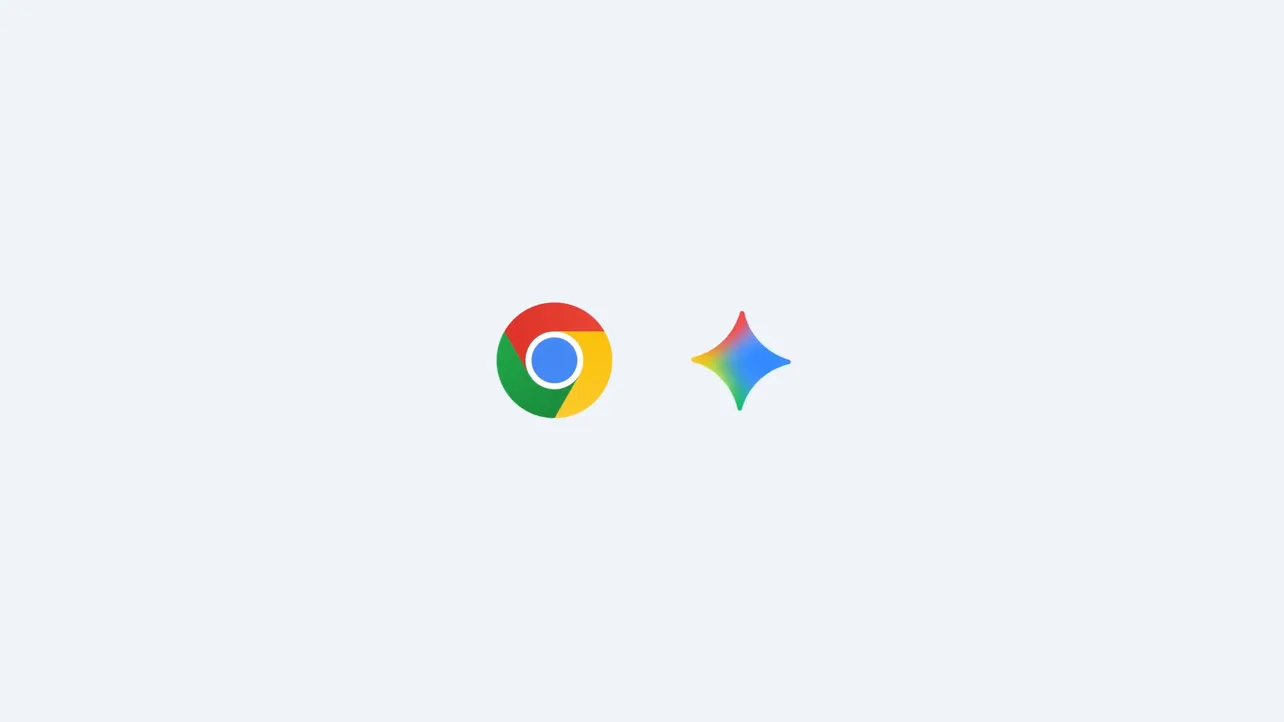Chrome on Windows 11 is quietly laying groundwork for agentic browsing, with a hidden “Contextual tasks” experiment in Canary that exposes a Gemini-powered sidebar.
Once enabled via flags, the feature adds a “Contextual tasks” entry under More Tools and opens a sidebar that currently loads the default Google homepage. An AI mode toggle brings up a Gemini view, but the panel appears truncated and doesn’t fully accept input yet—an early sign this is still internal testing rather than a ready feature.

Google has already outlined a direction for agentic browsing in its Chrome AI roadmap, describing scenarios like reducing grocery ordering from “30 minutes” to a few clicks by analyzing open tabs and context. That ambition aligns with what this flag hints at: automated steps executed on the user’s behalf inside the browser. Google’s framing is available in its Chrome AI update post on “Chrome reimagined with AI”.
New features in Chrome Gemini
- Contextual tasks sidebar: A new sidebar launches from More Tools, currently defaulting to the Google homepage.
- AI mode in the sidebar: Toggling AI mode opens a Gemini panel, but the view is cut off and not fully functional yet.
- Agentic intent: The feature points to Chrome initiating multi-step actions for users—similar in spirit to task “actions.”
- Multi-instance work: Chrome is also being built to support multiple Gemini instances so each tab can run its own assistant session.
In its present state, the UI is rough and doesn’t resize reliably, reinforcing that this is an early Canary experiment rather than a public beta.
Availability and rollout
The Contextual tasks capability is hidden behind experimental flags in Chrome Canary on Windows 11. There’s no announced rollout timeline, feature list, or public availability window. The current behavior suggests ongoing internal development.
Comparison with Microsoft Edge
Microsoft Edge already offers a Copilot mode that can analyze open tabs and surface relevant suggestions, and it supports actions that execute steps on a user’s behalf. Chrome’s Contextual tasks appears to be aimed at a similar outcome, but it’s earlier in development and not yet usable.
Security and privacy
Google’s vision for agentic browsing includes using page context—and potentially past orders or account data—to streamline tasks. The company hasn’t detailed how Chrome will handle permissions, data access, or transparency for these flows. Expect privacy controls and consent prompts to be a key part of any broad rollout when the feature matures.
If Chrome’s agentic tools land as planned, routine web tasks could become far more automated—starting with a sidebar that’s just beginning to take shape.
via Windows Latest

